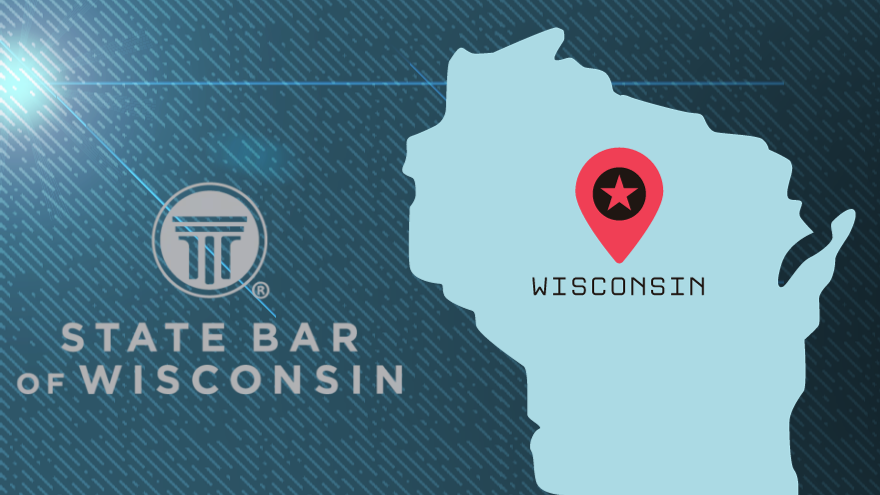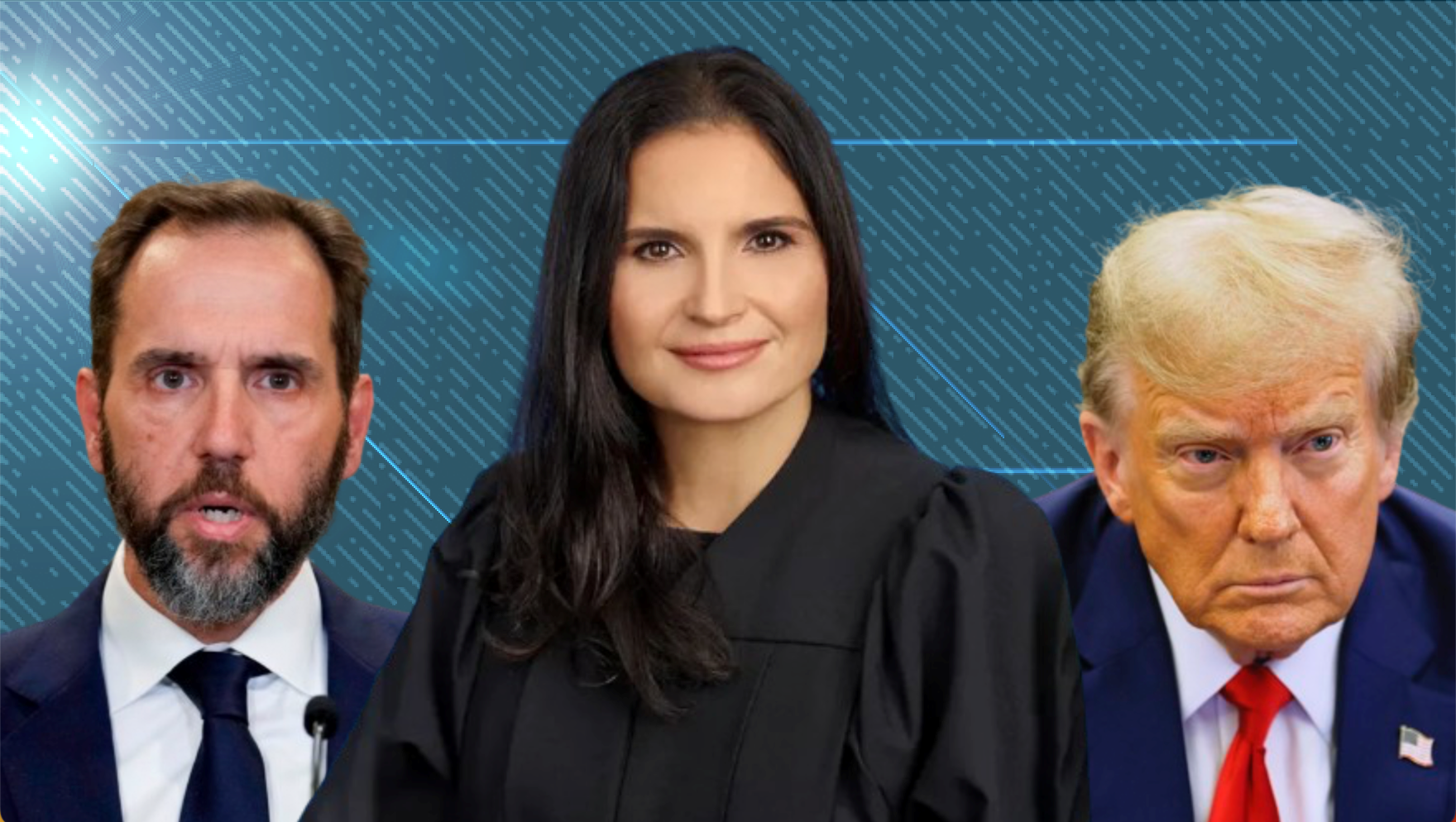The Bar Association of Wisconsin agreed to revise its definition of diversity to settle a lawsuit.
The Wisconsin Institute for Law and Liberty sued the professional organization in December for offering internships based on race rather than merit. The advocacy organization argued the bar’s “diversity clerkship program” was not open to all law students and violated the First Amendment rights of the association's members, who are required to pay dues to support the program.
The program offers a 10-week summer internship to first-year law students at Marquette University Law School and the University of Wisconsin Law School. To be accepted into the program, an applicant must be from a background that has been “historically excluded from the legal field.”
Wisconsin had considered markers of diversity to be identity-related factors such as race, ethnicity, and gender identity.
The association will now also define diversity as:Including people with differing characteristics, beliefs, experiences, interests, and viewpoints. Diversity promotes an environment in which all individuals are treated with dignity and respect, regardless of their differences and without regard to stereotypes, and helps to ensure a better understanding and consideration of the needs and viewpoints of others with whom we interact.
The definition must be displayed prominently on the diversity clerkship program’s website. The program has offered an estimated 600 internships over the last three decades.
“The settlement clarifies the definition of ‘diversity’ but makes no changes to the program,” said Larry J. Martin, the executive director of the Wisconsin Bar Association, per AP News. “The Diversity Clerkship Program, which has been creating opportunities for Wisconsin-based law students for three decades, will continue to exist and to operate in its current form.”
The WILL celebrated the result of the bar’s decision.
“Defeating unconstitutional DEI programs has become WILL’s area of expertise, and we are not stopping here,” said Skyar Croy, associate counsel at WILL, in a statement. “While we are pleased with this victory, we know the fight is far from over. In fact, this is only the beginning of a movement, and our lawsuit will provide a roadmap for future victories in all 50 states.”
The lawsuit is part of WILL’s Equity Under The Law project which aims to challenge the practice of race-based discrimination presented as affirmative action.
In June of 2023, the United States Supreme Court ruled that affirmative action was unconstitutional and that schools cannot consider race during the admissions process.

